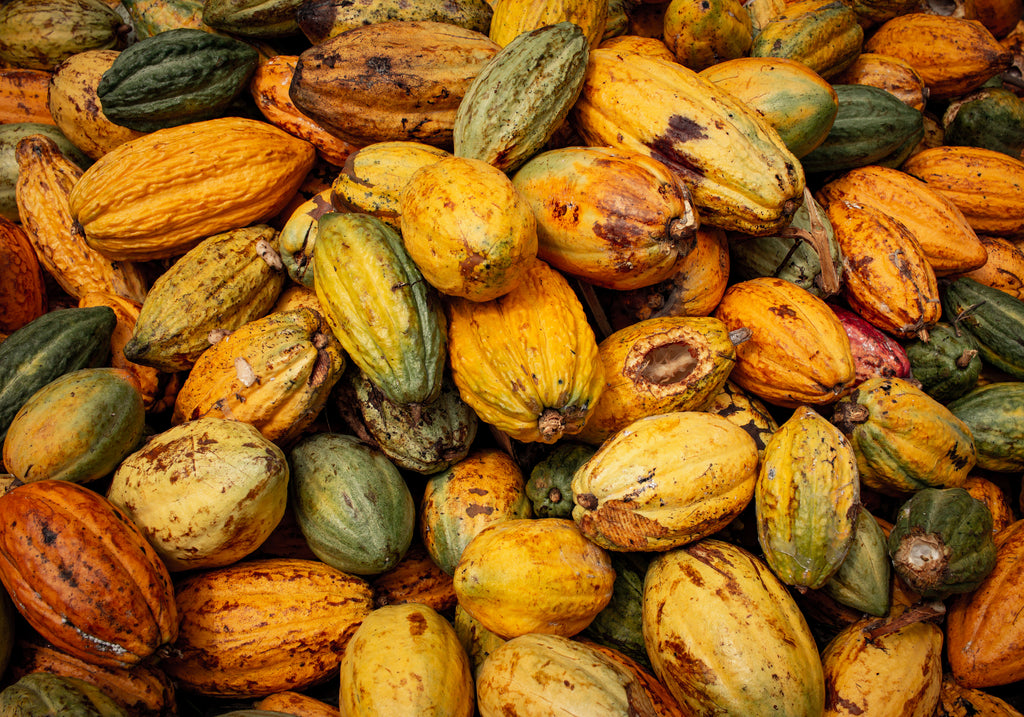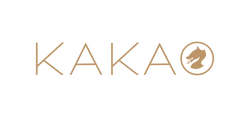What is ceremonial grade cacao and what makes KAKAO unique?
To learn more about ceremonial-grade cacao, we recommend our 2-hour Cacao Workshop and the 3-day online immersion with the Spirit of Cacao under "Trainings" in the top menu.
Also available: The most recent podcast interview Makenzie did that covers Cacao's science, benefits, usage in daily life and a bit about the KAKAO story.




What is "ceremonial grade cacao?"
1) The WHOLE bean is used - nothing removed, nothing added.
2) Stone ground only, with no heavy machinery, tempering or conching.
3) Native/heirloom varieties and regeneratively grown cacao, as opposed to commodity/hybridized strains that supply over 95% of the commercial chocolate industry. KAKAO has close, direct-trade relationships to the farmers, communities and indigenous families involved with cultivating this beautiful plant medicine in Peru, Guatemala and Colombia.
4) Made with intention and operated as a not-for-profit with service-based core values.
